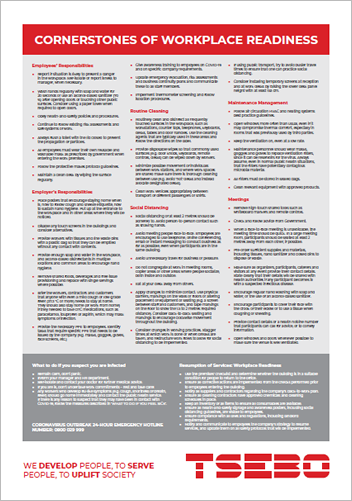
"When we have to work remotely, we don't have to change the processes. "In a way we're probably better prepared than many studios because 100% of our work is distributed from clients to us," Langourieux explains. Virtuos, for example, now has its Chinese studios back up and running, but its office in Vietnam is preparing to go remote if the government advises, and its European teams are now entirely working from home. As such, the shift to remote work was somewhat easier, but the spread of coronavirus around the world has disrupted different teams at different times. Ubisoft and Virtuos both benefited from their global operations, with studios already working closely together digitally. They went back to their hometowns, which brought much more inconvenience for their lives." "Some of them were not that cautious at the time. People were happy to be back at work and bonded because we went through this together" "When we returned, there was a level of energy. Some of them were persuaded and decided to stay in Hangzhou, which made their lives after Spring Festival much easier as they avoided a long-time lockdown in Hubei Province. For those whose hometowns were epicentres, we reached out to them and tried to persuade them into not returning home because the whole situation could be very dangerous. "We had already purchased a lot of face masks for employees who were planning to head back to their hometown for the Spring Festival. NetEase HR director Milano Wang says two days before total lockdown, her department had already set up an emergency protocol team to deal with the situation.


The company also set up mobile apps such as Daily Health, where employees could clock in with a self-examination reporting any coronavirus symptoms, and a customised version of Zoom called WebMeeting. Staff were provided with VPNs to ensure they could access internal networks and office computers. NetEase subsidiary 24 Entertainment received plenty of support from its parent, as did the rest of the publisher's employees. We did our best to make sure there was always someone available to provide support and find solutions."Ĭhinese companies quickly adapted to remote working. We received a flood of questions, and our HR and IT teams were in particularly high demand. "With teams divided across so many regions, we had to streamline our communication channels and services. Many of our developers require access to specific technologies, and teams across Ubisoft went the extra mile to ensure they were equipped.

Coronavirus total lockdown lessons world full#
Scaling those processes up to our full studio, however, was a new challenge. Ubisoft Shanghai's studio operations director Chen Ming Jian adds: "Before this crisis, our teams had the option to work remotely from time to time. "People were on holiday, so we weren't able to avoid having on average two weeks of complete shutdown." "We were caught unprepared," admits Gilles Langourieux, CEO of Virtuos, a work-for-hire developer with multiple studios in the country. Like so many industries, China's game development scene immediately felt the effects. The combined timing of the event and the outbreak exacerbated the impact on day-to-day working life, with people travelling across the country to be with their friends and families. For the first time in over 100 years, most of the planned celebrations were cancelled. In China, the coronavirus crisis accelerated during the nation's Spring Festival.


 0 kommentar(er)
0 kommentar(er)
